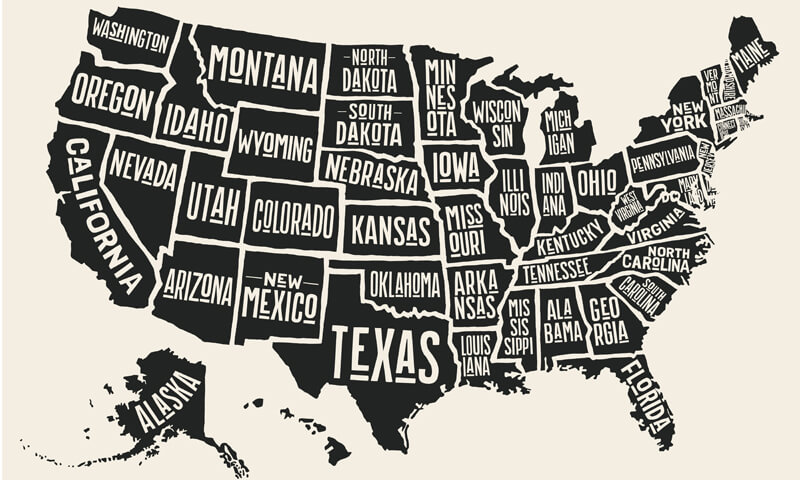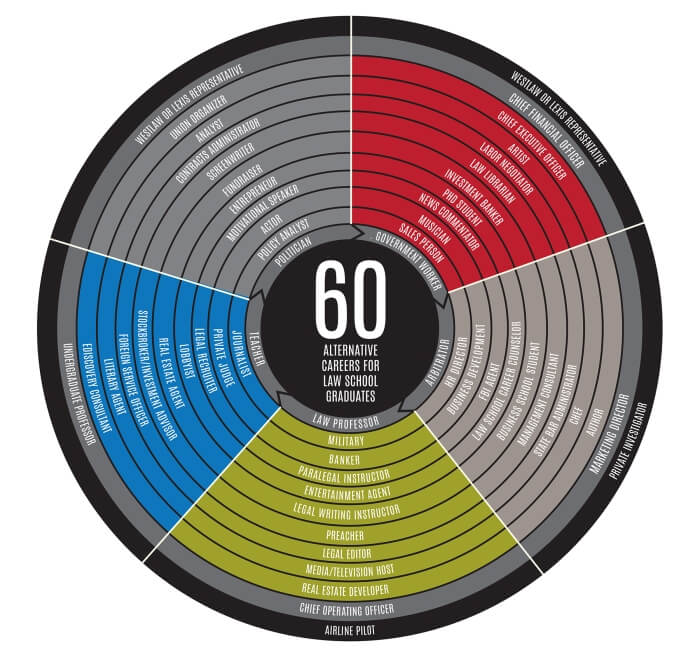- One case is being reviewed by the full Sixth Circuit
- The U.S. Supreme Court may hear another case

As described in a brief to the full Sixth Circuit, bump stocks are properly banned under a statute regulating machine guns, because they turn a semiautomatic weapon into an automatic one.
According to the Giffords Law Center to Prevent Gun Violence, Brady United Against Gun Violence, and Everytown for Gun Safety, the Bureau of Alcohol, Tobacco, Firearms, and Explosives is entitled to routine court deference to its reading of the statute. They say in their friend of the court brief, filed with the court, that the law carries criminal penalties despite the fact that many statutes do.
During en banc proceedings for the Sixth Circuit Court of Appeals, a three-judge panel vacated the ruling saying the government cannot regulate bump stocks using the federal machine gun law.
Similar Cases May Be Considered By The Court
The U.S. Supreme Court has been petitioned by a bump stock proponent who lost an appeal in the Tenth Circuit. Recently filed friend of the court briefs in Aposhian v. Garland support the bump stock owner in his attack on the same ATF regulation at issue here.
The three groups opposing gun violence are writing separately to the government in the Sixth Circuit case to “provide additional technical explanations” about bump stocks, they said.
“In the plain language of the statute, bump stocks allow a ‘single function of the trigger’ to initiate ‘automatically’ ‘more than one shot,’” converting a semi-automatic weapon to an automatic one, they say.
“When Congress banned machineguns, it crafted a broad definition whose ordinary meaning captures efforts to circumvent the ban, including mechanisms that convert semi-automatic weapons into automatic weapons,” they say.
Agency or Courts: Who Decides?
In addition, they say they want to rebut an “invitation for courts to replace ATF as the country’s principal gun regulator simply because a number of laws designed to combat gun violence may have criminal implications.”
According to them, a rejection of deference to agencies under Chevron, U.S.A., Inc. v. NRDC would invalidate Chevron itself and interfere with drug laws, financial regulations, and environmental regulations.
The amici who urged the Supreme Court to hear W. Clark Aposhian’s opposition to the ban presented arguments that went the other way. ATF interprets the term “single function of the trigger” to mean understood from the standpoint of the shooter, according to David Codrea, Scott Heuman, and Owen Monroe, who are plaintiffs in another bump stock case currently on appeal.
According to them, agency deference has no place. It is the courts, not the government that should determine what a machine gun is, they say.
Rule of Lenity, Chevron Cited
It is also supported by the Due Process Institute, which describes itself as a “nonprofit, bipartisan, public interest organization” that seeks “procedural fairness in the criminal justice system.” In a brief filed, it asserts that this case falls under the so-called rule of lenity, which favors less harsh interpretations of ambiguous criminal statutes. Codrea group and other bump stock advocates have made this argument as well.
In contrast to Chevron deference, the Due Process Institute notes that the law isn’t settled on “the proper interpretation of a statute with both criminal and civil implications,” according to them. However, the rule of lenity should prevail, it says.
The Everytown for Gun Safety organization advocates for universal background checks and other gun control measures.
O’Melveny & Myers LLP represents the gun-control groups.
Alan Alexander Beck, a San Diego attorney who practices in association with Stamboulieh Law PLLC, submitted the brief for Codrea amici. The Due Process Institute is represented by John D. Cline, who practices in San Francisco.
The cases are Gun Owners of Am., Inc. v. Garland, 6th Cir., No. 19-01298, amicus brief 9/1/21, and Aposhian v. Garland, U.S., No. 21-159, amicus brief 9/1/21.
















































